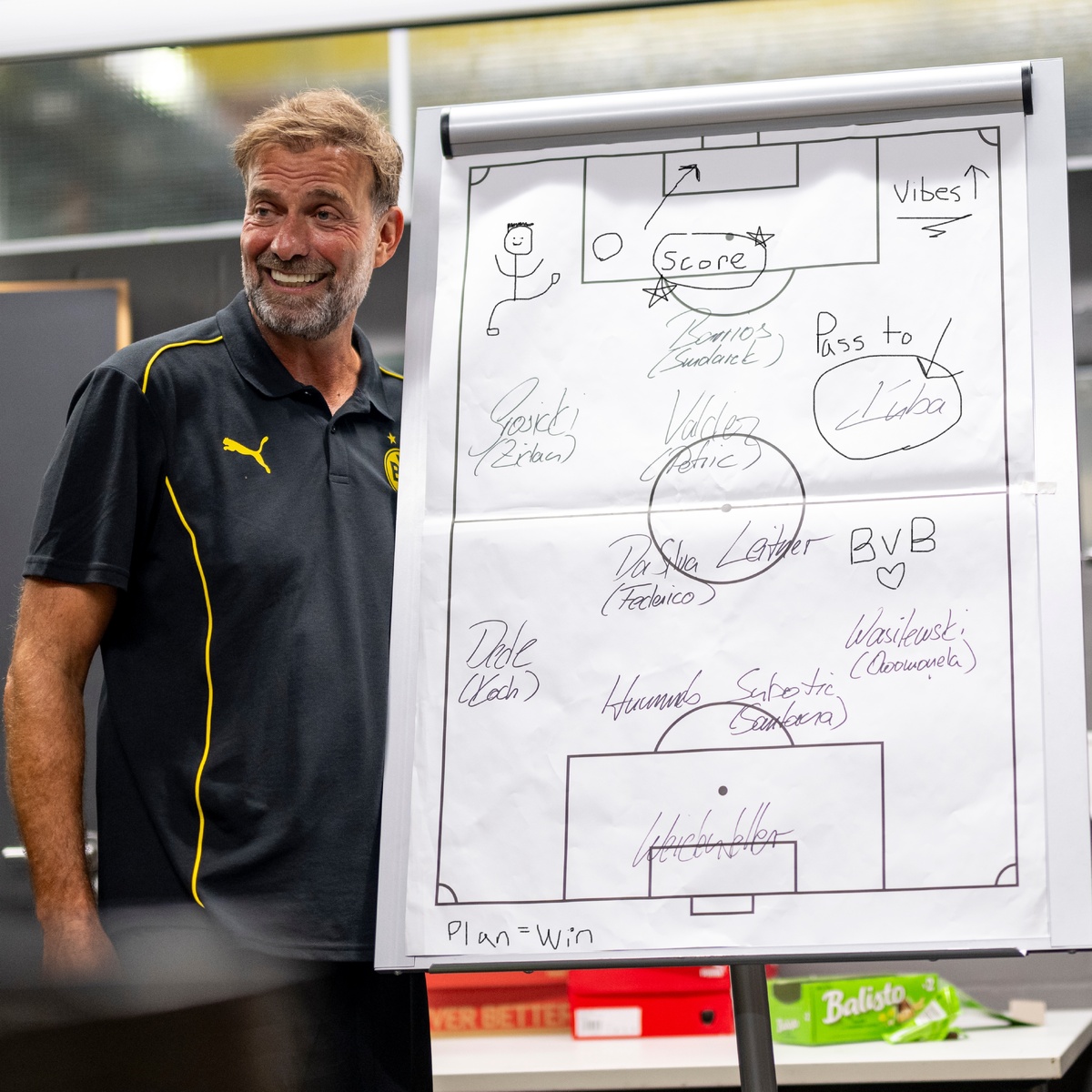
In the glittering world of professional football, where passion meets immense financial power, a quiet but persistent battle rages. It`s a conflict between the relentless pursuit of expansion and the fundamental welfare of the athletes who make the game beautiful. At the forefront of this debate, with his characteristic blend of fierce honesty and dry wit, stands Jurgen Klopp, a figure whose recent pronouncements serve as a stark reminder: the beautiful game might be stretching its stars thin, perhaps to a breaking point.
Klopp`s Candid Commentary: Surviving Without the Club World Cup
Jurgen Klopp, a manager celebrated for his tactical genius and profound connection with his players, has never shied away from challenging football`s governing bodies. His latest critique targets FIFA and UEFA for what he perceives as an insatiable appetite for more competitive matches. His recent comments, following his departure from Liverpool and his new role with Red Bull, offer a fresh, unfiltered perspective on the escalating fixture congestion.
Perhaps most strikingly, Klopp admitted to largely boycotting the recently expanded Club World Cup, which now boasts 32 teams. His blunt assessment? “I survived easily without watching one game.” This isn`t just a casual remark; it`s a profound statement of protest, a manager`s quiet defiance against a system he believes prioritizes spectacle and revenue over the health and longevity of its primary assets: the players.
“The physical part is really, really tough for the players,” Klopp noted, pointing to injuries plaguing top clubs. “Paris [Saint-Germain] had a few injuries, Chelsea has now injuries, too many. Let me see, who was in the Club World Cup final? Ah, Chelsea against Paris! Surprise! It`s just too much…”
His irony is sharp, highlighting a pattern he sees as predictable and avoidable. When the very teams competing in these expanded tournaments are the ones suffering the most significant injury tolls, the correlation becomes difficult to ignore.
The Relentless Calendar: A Marathon, Not a Sprint
Klopp`s concerns extend beyond the Club World Cup. He took aim at the ongoing proliferation of new competitions and expansion proposals:
- UEFA Nations League: Initiated in 2018, this competition replaced many international friendlies with high-stakes competitive fixtures. Klopp expressed his anger, describing himself as being “on the trees” when it began. He argued that it forced national team coaches to play star players even when fatigued, just to avoid relegation to lower tiers of the Nations League – a concept he found utterly bewildering.
- Proposed 64-Team World Cup: While reportedly not under serious consideration by FIFA, the mere suggestion for the 2030 centennial tournament drew Klopp`s incredulity. “Is that from April to August or what type of tournament is that? Who plays against who? … They cannot get enough. They cannot get enough and that`s not great.”
The sentiment is clear: the existing schedule is already demanding, and any further additions push the limits of human endurance.
The Human Cost: More Than Just Injuries
While injuries are the most visible consequence of fixture congestion, the toll on players is far more extensive. Constant travel, minimal recovery time, and the unrelenting pressure of elite competition contribute to:
- Physical Fatigue: Diminished performance, increased susceptibility to muscle strains and chronic issues.
- Mental Exhaustion: Burnout, stress, and a reduced capacity to perform at peak mental levels, affecting decision-making and creativity.
- Shorter Careers: The accelerated wear-and-tear on bodies inevitably leads to earlier retirements for many players.
- Reduced Quality of Life: Less time with families, constant public scrutiny, and a blurring of the lines between work and personal life.
Klopp`s frustration, culminating in his humorous but telling remark about talking to his microwave for more impact, underscores a feeling that the voices of those on the front lines – players and managers – are often unheard by decision-makers who operate from distant boardrooms.
A Call for Authentic Dialogue: The Players` Perspective
This debate isn`t new, but it gained significant traction recently with former player and current analyst Thierry Henry echoing Klopp`s sentiments. Henry’s contribution was particularly salient, emphasizing where the conversation truly needs to happen:
“It`s not about complaining and it`s not about saying players earn too much money or debating. It`s about having an educational discussion with the players` union – a proper one, not with the ex-players… Speak to [Virgil] van Dijk, speak to Mo Salah. … Sit with them. Have a discussion with them. They are the actors right now.”
Henry`s point is critical. While former players and managers can offer valuable insights, the most authentic and immediate understanding of the current demands comes from those actively navigating the relentless calendar. The welfare of players should not be a secondary concern, relegated to footnotes in financial reports or dismissed as mere “complaints.” It is fundamental to the long-term health and integrity of the sport itself.
Conclusion: A Sustainable Future for the Beautiful Game
Jurgen Klopp’s outspokenness serves as a vital alarm bell. The pursuit of more, whether it`s more matches, more tournaments, or more revenue, must be tempered by a genuine commitment to player welfare. If the footballing world continues to expand its calendar without adequate consideration for the human element, it risks not only the health of its brightest stars but also the quality and spirit of the game itself.
The path forward requires more than just acknowledging the problem; it demands proactive, respectful dialogue with those who bear the brunt of the schedule. Only by genuinely listening to active players and their representatives can governing bodies forge a sustainable future for football, ensuring that its beauty is preserved, not sacrificed on the altar of relentless expansion.











